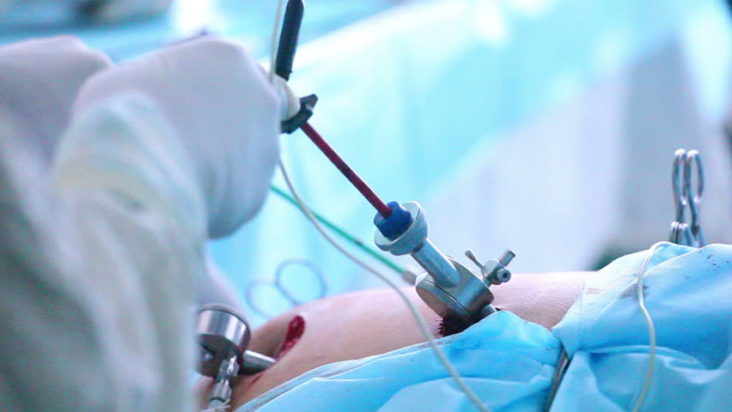What is Anal Fistula?
An anal fistula is an abnormal tract between skin and the anus. Stool enters this tract and causes infection leading to discharge of pus from the wound near the anus.
What are low and high Anal Fistulas?
Fistulas are called low and high according to the position of the internal anal opening of the tract. High fistulas open above the anal sphincter- a muscle responsible for controlling defecation. Conventional surgery for high anal fistulas is therefore tricky and may result in injury of the anal sphincter.
What is the treatment of Anal Fistula?
Most patients would need surgery for their cure.
How is conventional surgery for anal fistula done?
Conventional surgery requires removal of the fistula tract leaving a large perianal wound that needs daily dressings for days to weeks. This method can be a potential source of danger since one may inadvertently damage the anal sphincter especially in patients with high anal fistula. Patients also need to take pain killers and antibiotics for many days after this procedure.
How is VAAFT done?
In the new method (known as VAAFT – Video Assisted Anal Fistula Treatment), the fistula tract is treated with a very small endoscope going through it, cleansing it and burning it. A stapler closes the internal opening so that stool cannot enter the tract. The fistula tract heals in most cases over the next few weeks. To view how this is done you can see the video of VAAFT on our you tube page.
What is the advantage of VAAFT?
The most significant advantage of VAAFT is that there is no wound, least pain and there is no risk of damage to anal sphincter muscle- since the surgery is done from inside. Most patients can be sent home on the same day and they can work from the next day. The best part is that it leaves behind no wounds to dress.
In which situations is VAAFT a good option?
Although VAAFT can be done in all cases, it is especially useful in cases with high fistula, complex and recurrent fistulas. The main advantage is that unlike in traditional procedure, there is no risk of injury to anal sphincter in VAAFT
Watch the video of VAAFT for Anal Fistula on YouTube.


